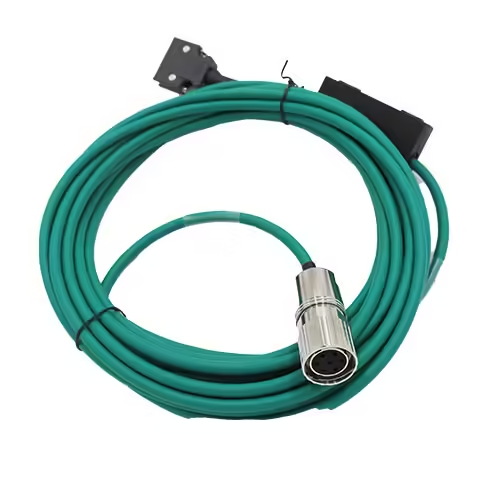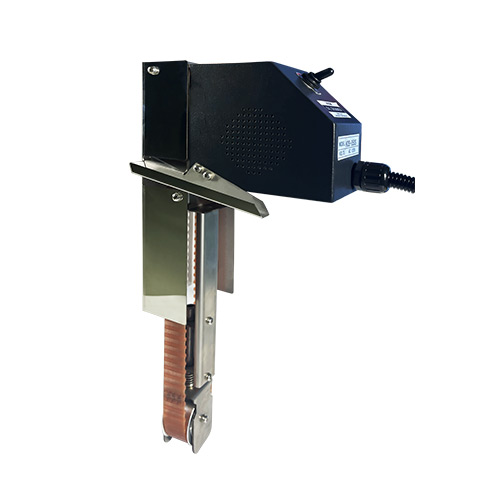-
WhatsAPP: +86 18706448138
-
Tengzhou, Shandong, China

Why Choose an Electronic Lathe Machine for Your Workshop?
Discover why electronic lathe machines are crucial for precision in modern workshops. Learn how they can boost productivity and reduce waste.
Welcome to My Blog!
Before we dive into the content, if you’re interested in our products or have any questions, please feel free to visit our Contact Us page on the website. Our team is ready to assist you with inquiries, orders, or any support you may need.
Now, let’s get started on our journey together. I hope you find the content here insightful, engaging, and valuable.
Table of Contents
Introduction

In today’s manufacturing world, precision and efficiency are crucial for staying competitive. Electronic lathe machines have become a preferred choice for workshops looking to streamline operations and produce high-quality parts with minimal errors. As industries evolve, the demand for greater precision, faster production times, and energy efficiency has led to a shift towards CNC (Computer Numerical Control) lathes.
This article explores why investing in an electronic lathe machine is a wise decision for any workshop. From boosting productivity to reducing downtime, we’ll dive into the key features and benefits that make electronic lathes a valuable asset.
Key Features to Look for in an Electronic Lathe Machine
When selecting an electronic lathe machine for your workshop, certain features can significantly enhance its effectiveness. Understanding these features ensures you pick the best machine for your specific needs.
Precision and Accuracy
The primary advantage of electronic lathes is their precision. Unlike manual lathes, which rely on manual adjustments, CNC-controlled lathes offer unparalleled accuracy. They ensure that parts are produced consistently to the highest tolerances, which is especially important for industries like aerospace, automotive, and medical device manufacturing.
With CNC controls, an electronic lathe can repeat complex machining processes without error, making it ideal for high-precision work. Whether it’s turning, boring, or threading, these machines provide the kind of consistent quality that manual methods cannot.
Automation and Efficiency
Another advantage is automation. Electronic lathes reduce the need for constant manual supervision, which improves efficiency. The machine can be programmed with specific parameters for various tasks, and it will automatically adjust settings as required. This reduces human error and speeds up production cycles.
By automating repetitive tasks, electronic lathes increase output while maintaining consistent quality. The ability to run the machine 24/7 with minimal downtime boosts production efficiency, especially for large batch runs.
Customization and Versatility
Electronic lathe machines are incredibly versatile. They can be programmed for a wide range of machining tasks, from simple turning to more complex operations like milling and threading. This flexibility makes them suitable for both small-batch and high-volume production.
Whether you’re working with metals, plastics, or composites, an electronic lathe can be customized to fit your workshop’s needs. Advanced features like programmable tool changers make it easy to adapt to different projects without interrupting production.
How Electronic Lathe Machines Improve Production Efficiency

One of the primary reasons workshops are opting for electronic lathe machines is the significant improvement in production efficiency. Here’s how these machines help optimize your processes.
Reduced Setup Time
Setting up a traditional lathe can be time-consuming and requires multiple adjustments. With electronic lathe machines, setup is streamlined. These machines can store different machining parameters and quickly switch between different setups with minimal manual adjustments. Operators can program the machine ahead of time, ensuring that the transition between tasks is quick and efficient.
By reducing setup time, you can process more parts in less time, leading to higher output without compromising on quality.
Increased Throughput
Thanks to automation and precise control, electronic lathe machines can run continuously without frequent interruptions. They can work around the clock, allowing workshops to significantly increase their throughput.
Moreover, these machines can work with a higher degree of precision, reducing the likelihood of errors that could slow down the production process. As a result, electronic lathes offer faster turnaround times, enabling workshops to meet tighter deadlines and larger orders.
The Environmental Benefits of Using Electronic Lathe Machines
Manufacturers are increasingly seeking ways to reduce their environmental footprint. Electronic lathe machines can play a significant role in this regard.
Energy Efficiency
Energy consumption is a major concern for manufacturers. Unlike traditional machines, which tend to consume a lot of power, electronic lathes are designed to be energy-efficient. Many models incorporate servo motors and variable frequency drives, which adjust power consumption based on the machine’s load.
By optimizing energy usage, these machines help reduce electricity costs while still maintaining high-performance levels. This makes them a great choice for businesses focused on cost savings and sustainability.
Waste Reduction
Another environmental benefit of electronic lathes is material waste reduction. With their high precision and programmable settings, these machines minimize over-cutting or misalignment, which often leads to wasted raw materials. In addition, the ability to optimize machining operations helps avoid unnecessary rework or scrap, contributing to both cost savings and sustainability.
Maintenance and Longevity of Electronic Lathe Machines
Electronic lathe machines are known for their low-maintenance requirements compared to traditional manual machines. Here’s how they help reduce downtime and extend their lifespan.
Reduced Wear and Tear
Manual lathes often require frequent repairs due to constant manual adjustments. Electronic lathe machines, however, rely on CNC controls, which reduce mechanical strain. The automation of tasks like tool changes and speed adjustments means less physical wear on the components. As a result, these machines typically last longer with fewer breakdowns.
Real-Time Diagnostics and Alerts
Many electronic lathes come with built-in diagnostic systems that provide real-time alerts if something goes wrong. For example, the machine might notify you if a motor is overheating or if a tool is about to wear out. This capability allows operators to address issues before they lead to major failures, reducing downtime and extending the machine’s lifespan.
Key Differences Between Traditional and Electronic Lathe Machines

| Feature | Traditional Lathe | Electronic Lathe Machine |
|---|---|---|
| Precision | Manual adjustments, prone to errors | CNC-controlled, high precision |
| Efficiency | Requires constant operator supervision | Automated systems, continuous operation |
| Customization | Limited, mostly manual work | Highly customizable for various tasks |
| Energy Consumption | High, due to manual operation | Energy-efficient with optimized controls |
| Maintenance | Frequent manual maintenance | Low maintenance with real-time diagnostics |
Conclusion
The electronic lathe machine is an invaluable asset for any workshop aiming to improve precision, productivity, and overall efficiency. With advanced features like CNC controls, automation, and customizability, these machines make it easier to produce high-quality parts while reducing labor costs and material waste.
By incorporating electronic lathe machines, workshops can optimize production workflows, reduce downtime, and ensure sustainable practices. Whether you’re a small shop or a large manufacturer, the advantages of upgrading to an electronic lathe machine are undeniable.
FAQ
What makes electronic lathe machines more accurate than traditional lathes?
Electronic lathes utilize CNC controls that automate the process, reducing human error and ensuring each part is produced to exact specifications.
Can electronic lathe machines be used for small workshops?
Yes, there are compact CNC lathe machines designed for small workshops, offering high precision and automation without taking up much space.
How do electronic lathe machines improve production efficiency?
These machines automate repetitive tasks, reduce setup times, and operate 24/7 with minimal downtime, leading to faster job turnaround and higher throughput.


